The Connectivity Challenge in Remote Australia
Australia's vast landscape is both a blessing and a curse. While it offers unparalleled opportunities for exploration and adventure, the sheer size and sparse population density mean that traditional internet infrastructure simply doesn't reach many remote areas. Mobile networks struggle to provide consistent coverage beyond major towns, and satellite internet solutions have historically been expensive, bulky, and slow.
For campers and caravanners, this has meant difficult choices: stay connected to civilisation, or venture into the wilderness and accept digital isolation. Remote workers and digital nomads face an even greater dilemma—how do you maintain your career while exploring Australia's incredible camping destinations?
What is Starlink Mini?
Starlink Mini represents a revolutionary shift in satellite internet technology. Developed by SpaceX, this compact, portable satellite dish is engineered to deliver high-speed, low-latency internet to remote locations worldwide—including Australia's most isolated camping spots.
The device is remarkably portable, fitting easily into a backpack or caravan storage compartment. Despite its compact size, it delivers impressive performance: download speeds typically range from 50-150 Mbps, with upload speeds of 10-20 Mbps. Latency is generally between 25-50ms, making it suitable not just for browsing and streaming, but for video conferencing, online work, and even gaming.
Why Starlink Mini is Perfect for Australian Campers
Portability Meets Performance
Unlike traditional satellite internet systems that require permanent installation, Starlink Mini can be set up anywhere within minutes. For campers moving between locations, this flexibility is invaluable. Whether you're parked at a remote campground in Western Australia or exploring the rugged terrain of the Northern Territory, you can establish reliable internet connectivity.
Coverage Where Others Fail
Starlink's constellation of low-earth orbit satellites provides coverage across Australia, including areas where traditional mobile networks and fixed-line internet simply don't exist. This is particularly valuable for those venturing into truly remote regions—places where conventional connectivity solutions have given up entirely.
Work-From-Anywhere Capability
The rise of remote work has created a new category of traveller: the digital nomad. Professionals can now maintain their careers while exploring Australia's incredible camping destinations. With Starlink Mini, video calls, file uploads, and real-time collaboration tools become feasible from even the most remote campsites. This opens up possibilities for extended camping trips without sacrificing income or professional responsibilities.
Reliability in Unpredictable Conditions
Mobile hotspots and traditional internet services can be temperamental in remote areas. Starlink Mini provides consistent, reliable connectivity that doesn't depend on proximity to cell towers or ground infrastructure. Once you've found a clear view of the sky, you've got internet.
Setting Up Starlink Mini for Camping
The setup process is straightforward. The kit includes the satellite dish, a router, and a power supply. Simply position the dish with a clear view of the northern sky (in Australia's Southern Hemisphere), connect it to power, and you're online. The entire process typically takes 5-10 minutes.
For caravan enthusiasts, Starlink Mini integrates seamlessly with existing power systems. Many modern caravans feature solar panels and battery systems that can easily power the device. At Outcamp, we recommend ensuring your caravan's power setup can handle the approximately 100W draw during operation—a consideration when planning your off-grid camping adventures.
Practical Considerations for Australian Campers
Power Requirements
While Starlink Mini is relatively power-efficient, it does require consistent electricity. Solar-powered camping setups work well, but you'll need adequate battery capacity or solar generation to maintain operation throughout the day and evening. This is particularly important during winter months when daylight hours are shorter.
Weather Considerations
Heavy rain can temporarily interrupt service, though this is rarely a significant issue in Australia's drier regions. Snow and ice aren't concerns for most Australian camping locations. Wind can occasionally affect the dish's positioning, so secure mounting is important.
Data Plans
Starlink offers various service plans suitable for different needs. The Roam plan, specifically designed for mobile users, provides flexibility for travellers. Pricing is competitive with traditional mobile hotspots, especially when considering the superior speeds and reliability.
The Broader Impact on Australian Camping Culture
Starlink Mini is democratising remote travel in Australia. Previously, only the most dedicated (or well-funded) adventurers could afford reliable internet in remote areas. Now, anyone with a modest budget can maintain connectivity while exploring the country's most spectacular camping destinations.
This shift has implications beyond individual travellers. Remote tourism operators, camping ground managers, and small businesses in isolated areas can now offer better services to guests. The technology is enabling economic opportunities in regions that were previously limited by connectivity constraints.
Comparing Alternatives
While mobile hotspots remain popular, they're limited by network coverage. Traditional fixed satellite internet is expensive and requires permanent installation. Starlink Mini occupies a sweet spot: it's affordable, portable, and delivers performance that rivals fixed broadband in many cases.
For Australian campers, the comparison is clear. Whether you're a weekend warrior exploring nearby national parks or a serious adventurer tackling the Gibb River Road, Starlink Mini provides connectivity that simply wasn't available a few years ago.
Looking Forward
As Starlink continues to expand its satellite constellation and improve service quality, we can expect even better performance and coverage. The technology is still relatively new to the Australian camping market, but early adopters are already discovering its transformative potential.
For those planning extended camping trips, investing in Starlink Mini represents a significant quality-of-life improvement. The ability to stay connected without sacrificing the adventure—to work remotely from a remote campsite, to share experiences with loved ones in real-time, or simply to access information when needed—changes the camping experience fundamentally.
Conclusion
The Australian outback will always represent freedom and adventure. But thanks to Starlink Mini, that freedom no longer requires sacrificing connectivity. Whether you're a digital nomad, a remote worker, or simply someone who wants to stay in touch while exploring Australia's incredible camping destinations, Starlink Mini offers a practical, affordable solution.
The future of camping in Australia is here—and it's connected. At Outcamp, we're excited to see how this technology continues to enhance the camping experiences of our customers across the country. The wilderness awaits, and now you can explore it without losing touch with the world.


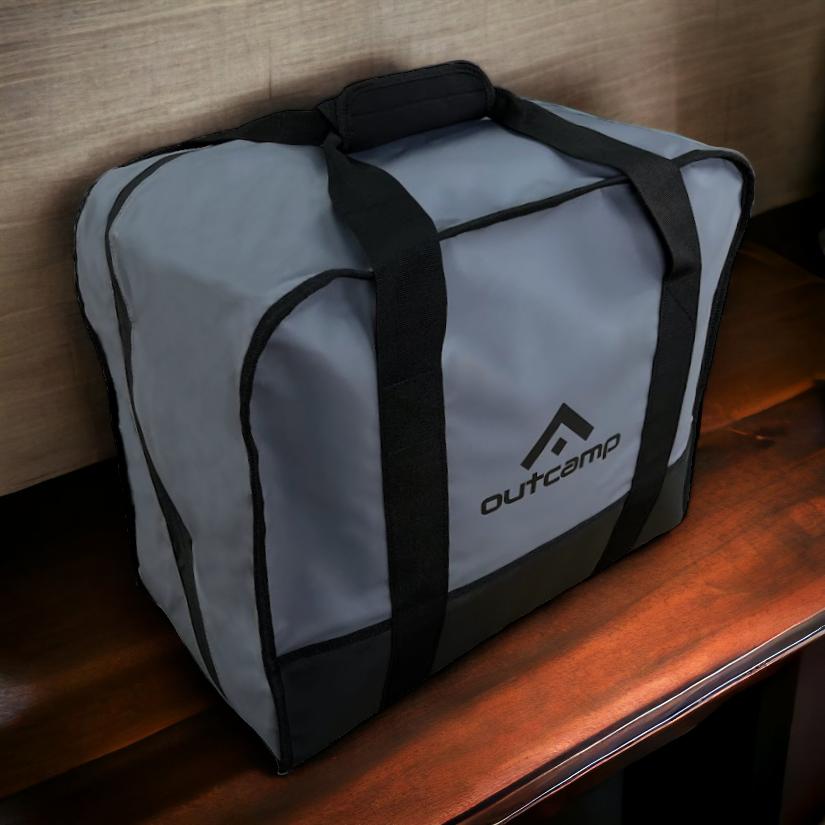
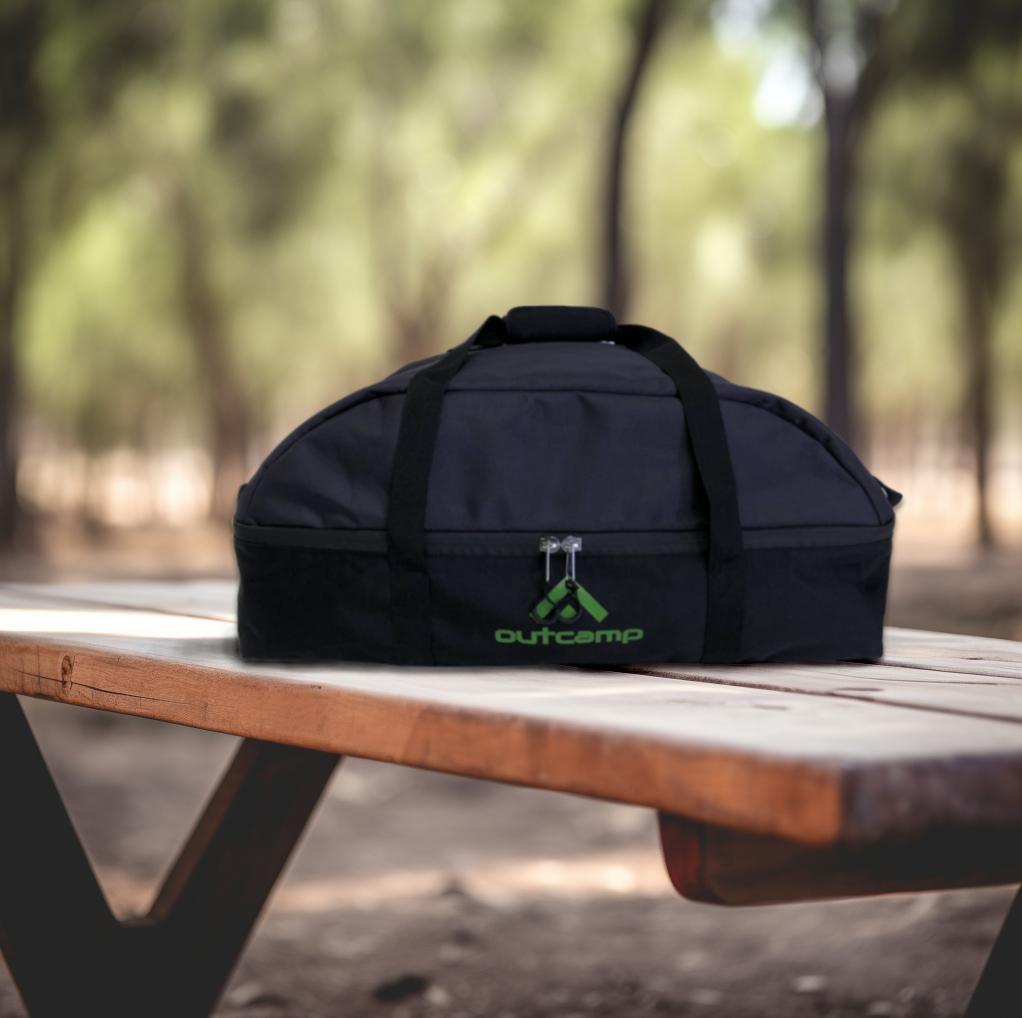
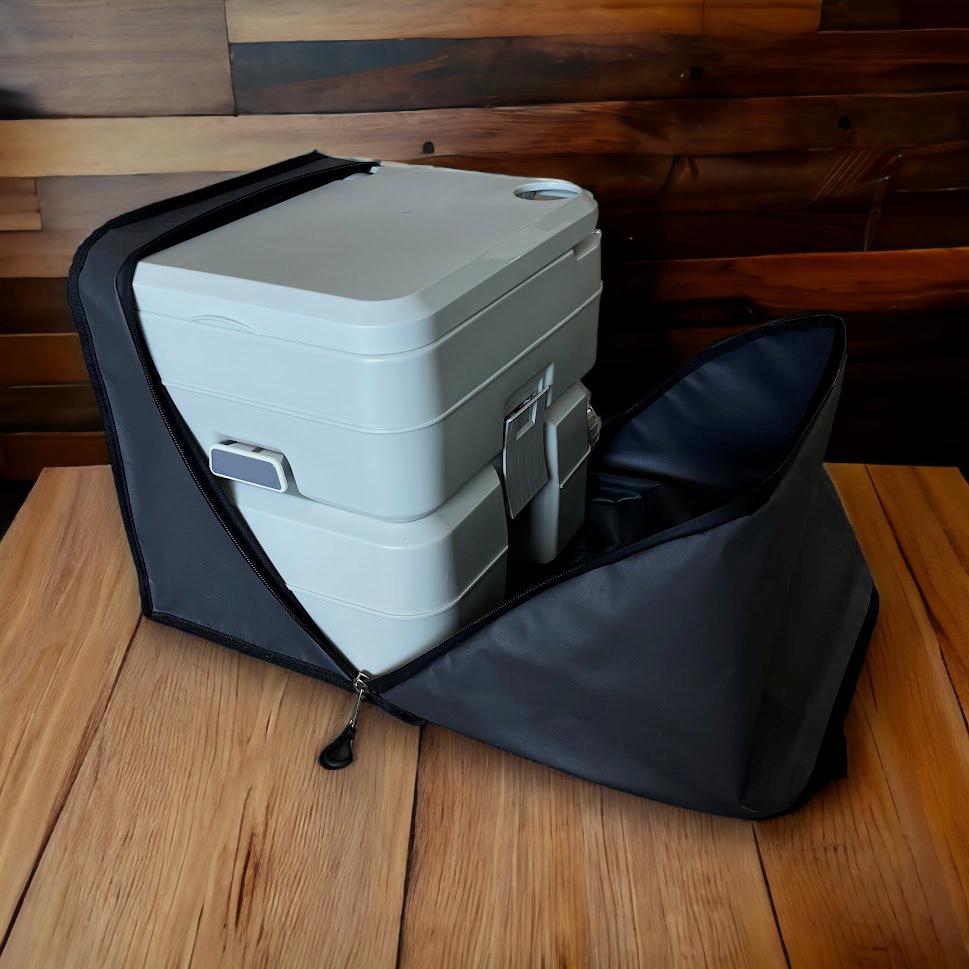
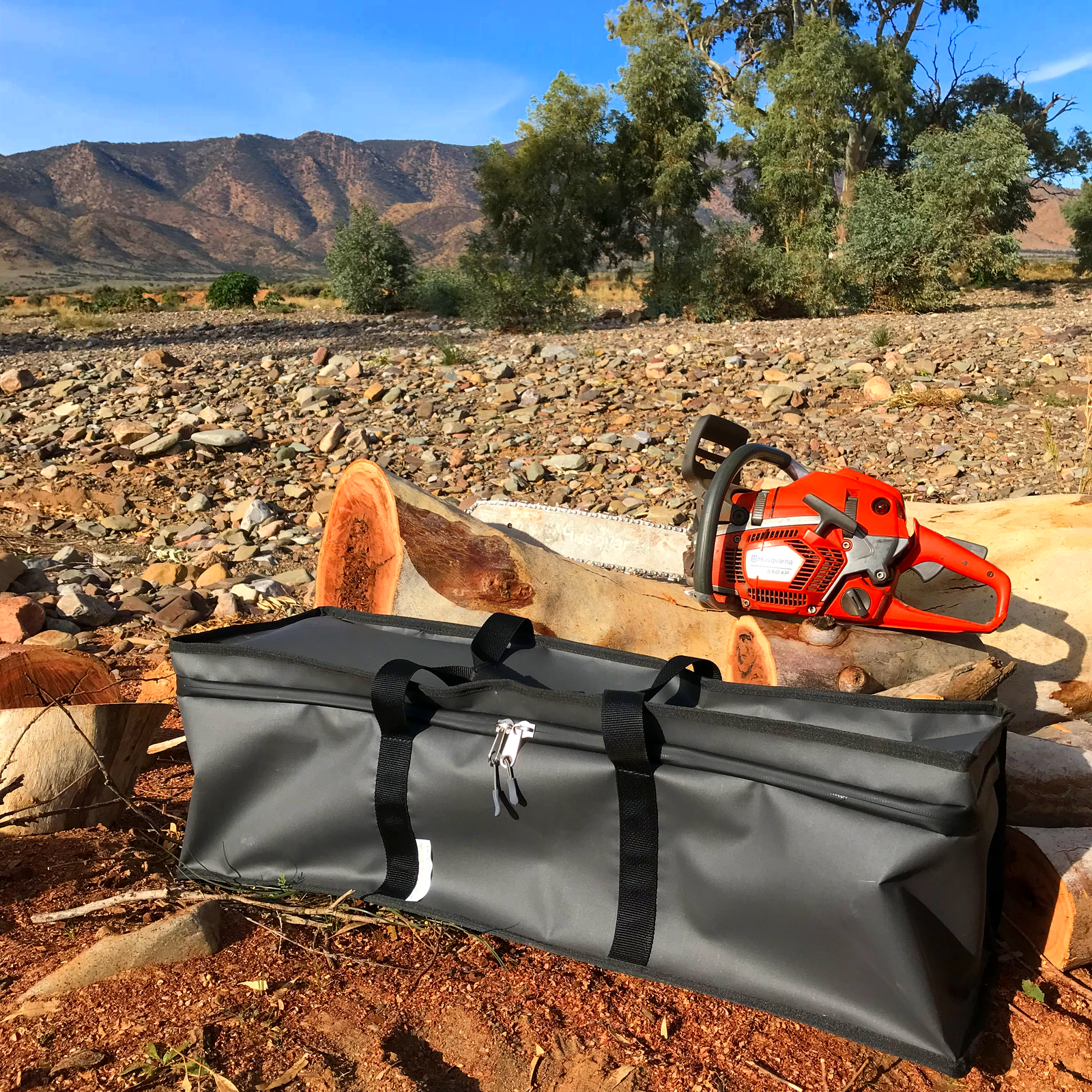
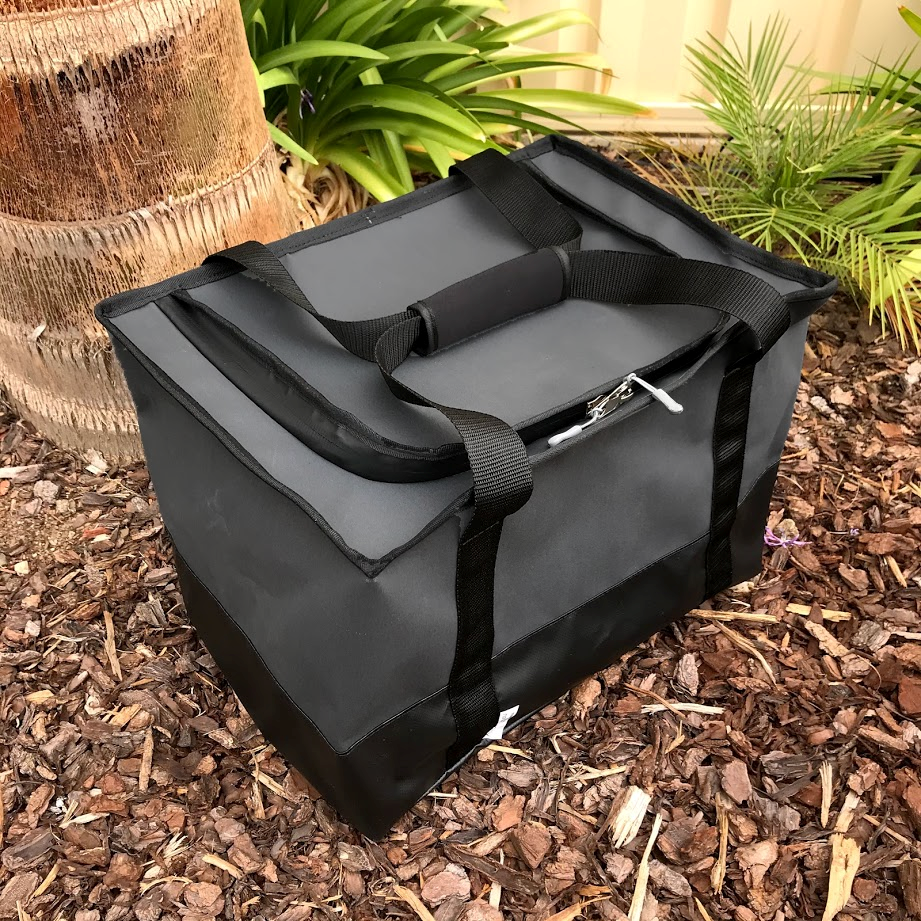
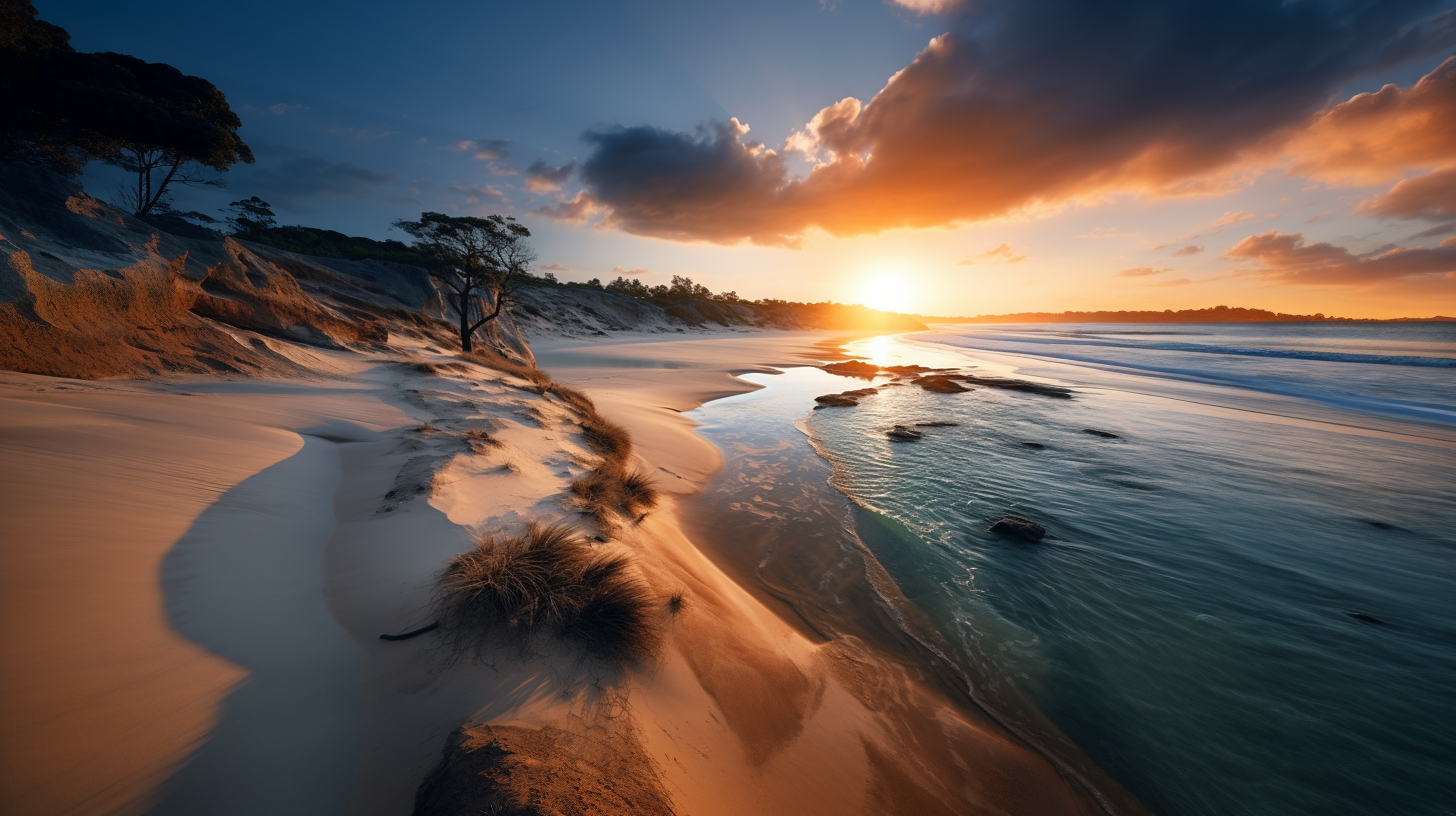
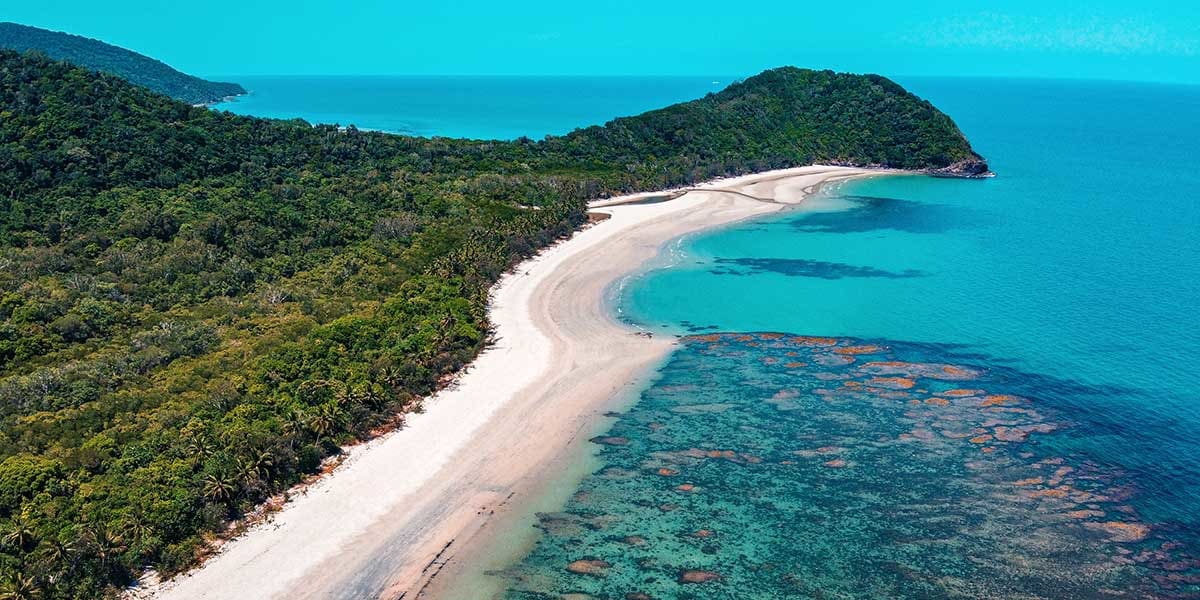
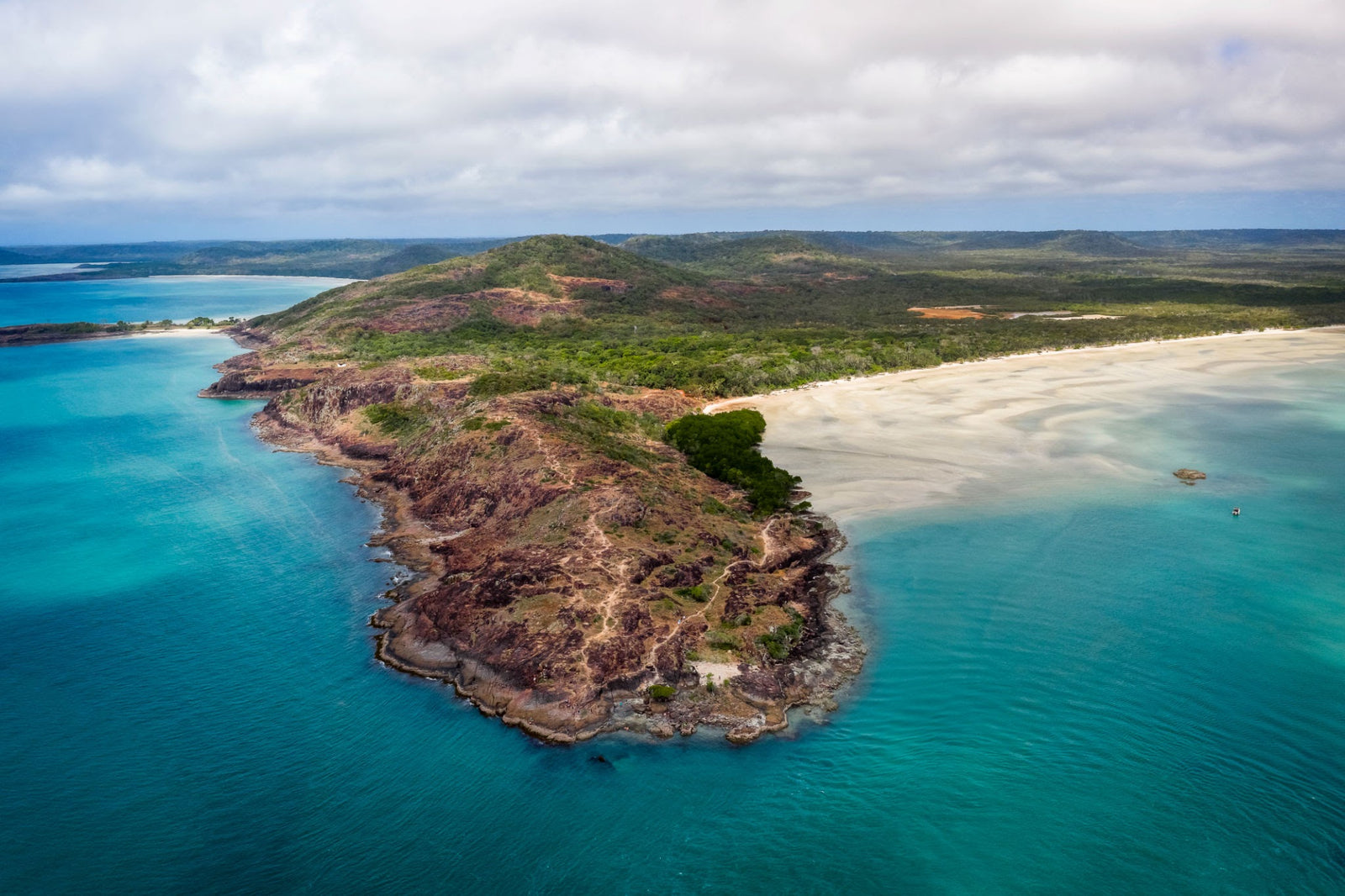
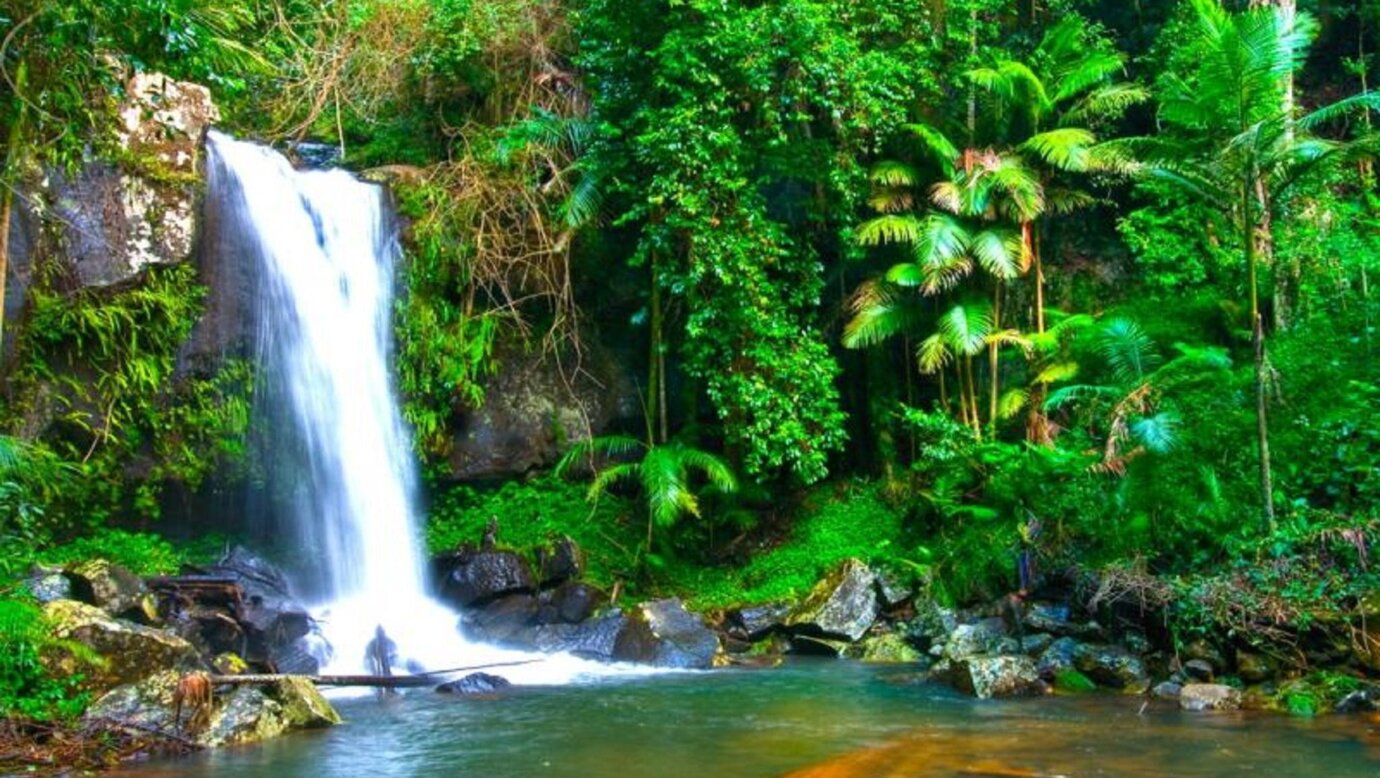



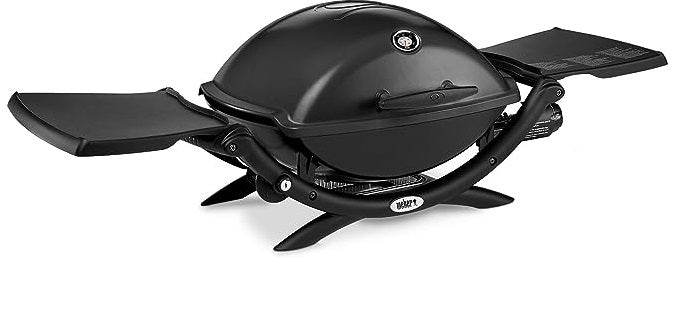
Leave a comment (all fields required)